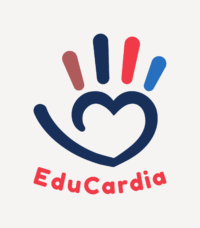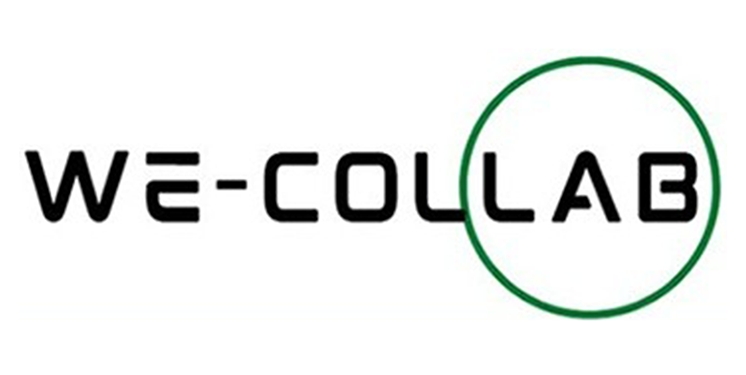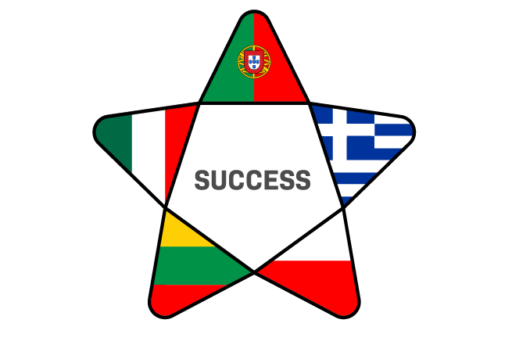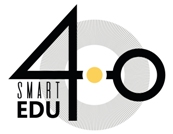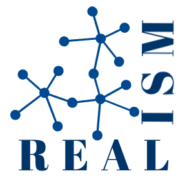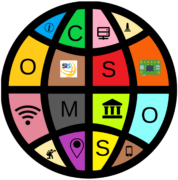The project will build on top of the Horizon 2020 Up2U project that has piloted its methodology and its learning platform with selected teachers from hundreds of schools from several European countries. The Up2U finished in 2020, and reported a positive impact on teachers but also identified their further needs. This Up2DigiSchool project will adopt that methodology and the technical solutions, will update it to the current circumstances and to newly-recognised teachers’ needs, and will extend the previous target schools base to make a positive impact on more teachers of Europe. Starting from the already-recognised needs and existing solutions, the Up2DigiSchool project ensures it will efficiently address the real challenges of the target groups.
Funding Agency: ERASMUS+
Duration: 01/02/2022-28/02/2025
